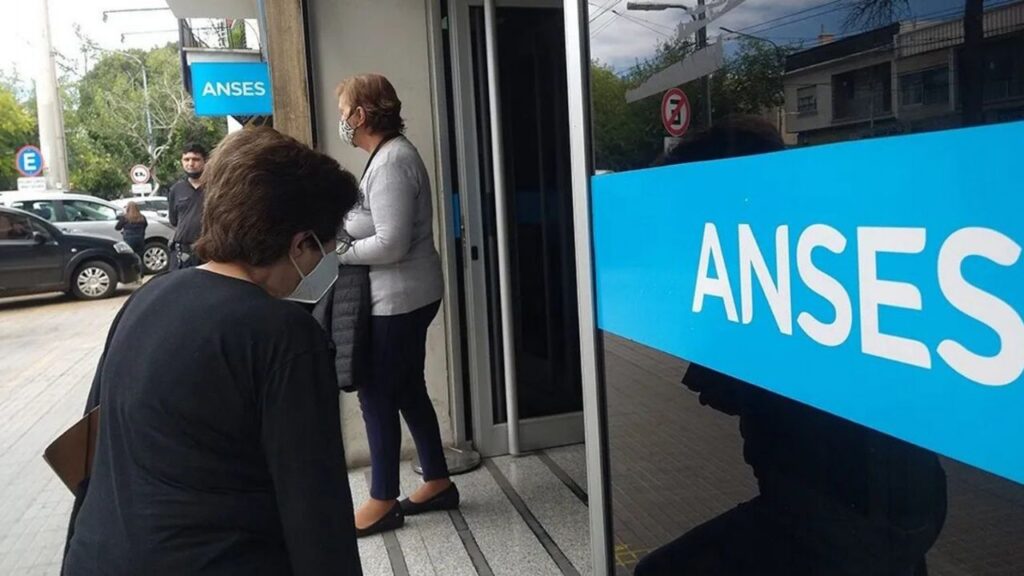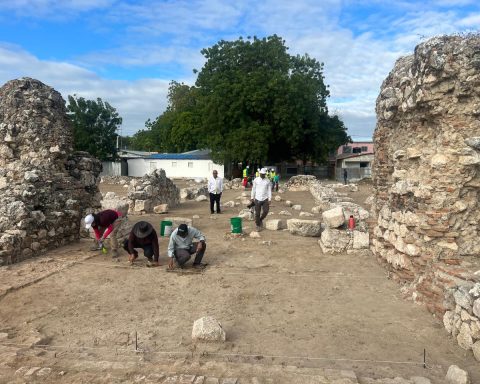The Ministry of Health reported that the case registered in Pará in a 3-year-old child was not a case of polio. According to the ministry, the case that occurred in the municipality of Santo Antônio do Tauá is of “acute flaccid paralysis”.
According to health authorities, this type of paralysis is generally attributed to the use of the so-called oral polio vaccine (OPV) without the inactivated polio vaccine (VIP) having been applied beforehand.
“In the child’s vaccination book there is no record of inactivated polio vaccine (VIP), which must be administered prior to OPV. In general, the oral polio vaccine (OPV) is well tolerated, and very rarely is it associated with any serious adverse event. It is noteworthy that the risk of acute flaccid paralysis with OPV is very rare and that when OPV is applied as a booster after the basic regimen with the VIP vaccine, this risk is practically nil.
Also according to the folder, the child, who was treated as an outpatient, not needing to be hospitalized, is progressing well, recovering his muscle strength. She, however, remains with “slight claudication in the left lower limb”.
In order to reassure the population, the ministry reported that, of the 764 million doses of COP administered to children between 1989 and 2012, only 50 cases of vaccine polio were recorded. “As of 2012, with the introduction of the sequential VIP/VOP scheme, there were no more cases of vaccine polio in the country,” he added.
The Sabin Like 3 poliovirus detected in this case is not, according to the ministry, transmissible and also does not change the epidemiological scenario in the national territory. Therefore, the ministry assures that “there are no confirmed cases of poliomyelitis in Brazil since 1989, and the country continues with the certification of elimination of poliomyelitis”.
Infectologist and consultant to the Brazilian Society of Infectious Diseases Raquel Stucchi explained to Agência Brasil that acute flaccid paralysis can have several causes, including infection with the poliomyelitis virus. “There are other viruses that cause this condition, which can also be autoimmune, but whenever acute flaccid paralysis is diagnosed, the investigation must include the hypothesis of poliomyelitis and a series of tests must be carried out in order to identify the real agent causing the paralysis. flabby”.
When consulted, the Pará Health Department did not comment on the ministerial conclusion.
When reporting suspected poliomyelitis to the folder, the state secretary had already appointed other diagnostic hypotheses, such as Guillain Barré Syndrome.

















